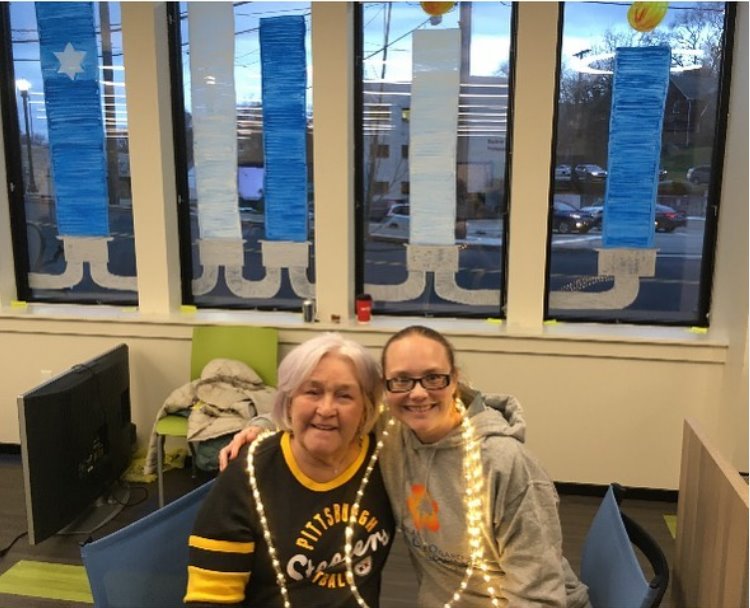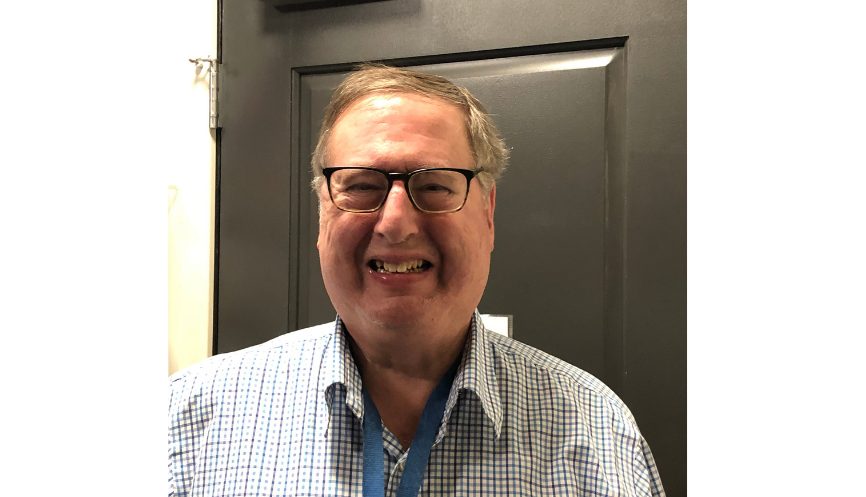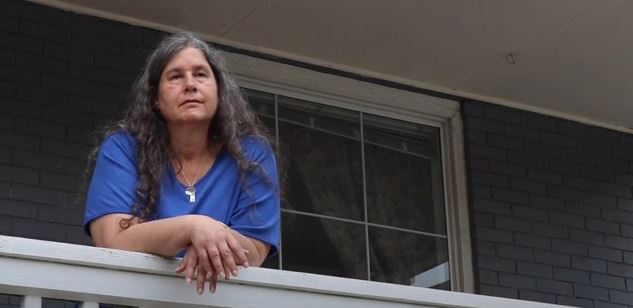People with mental health diagnosis experience stigma and discrimination that can make their symptoms worse and make it harder to recover or even seek treatment. Risa and Jan discus their mental health journeys and the stigma they have experienced throughout their lives. Click here to watch their conversation.
Category: Mental Health
Learn More About the Sally and Howard Levin Clubhouse
The Sally and Howard Levin Clubhouse is a warm and welcoming community, supporting adults whose lives have been disrupted by mental health problems. The Clubhouse is a program of Jewish Residential Services (JRS) and follows the Standards of the Clubhouse International mental health recovery model. The Sally and Howard Levin Clubhouse invites its members to become equal partners in all aspects of daily operation. Members make important contributions to their Clubhouse community while forming meaningful relationships in a safe and encouraging environment that nurtures strengths and fosters whole person wellness. Members thrive by being needed, wanted, and appreciated.
The Sally and Howard Levin Clubhouse welcomes people of all races, religions, colors, gender identities, sexual orientations, abilities, national origins, and veteran status.
Click here to see a video about what a day is the Clubhouse is like, learn how someone can be referred to the Clubhouse, and hear member experiences.
Click here to visit the Sally and Howard Levin Clubhouse Website.
My Triple Whammy During Covid
By: Nancy Passantino, pictured left
Don’t believe anyone who tells you that Covid did not affect their mental health. They may not have the language to describe what they are going through as those of us with mental illness have but, like us, they have been on a scary uncharted course unlike anything they may have ever experienced before.
As a member of the Sally and Howard Levin Clubhouse for the past seven years, I believe I had been able to get all the help and guidance needed to maintain a normal lifestyle with only a few bumps in the road. Getting to the Clubhouse a few times a week and participating in the work ordered day gave me a place to socialize and ground myself. That was before this unimaginable world pothole appeared and we all fell in.
I have been suffering with a triple whammy these past few years. Diagnosed with bipolar depression in my early 20’s, now a senior adult and one having underlying medical conditions, I seemed to check all the boxes. Is it any wonder that for quite a while I was not really living, only surviving? A famous quote by a German philosopher says that if it doesn’t kill you, it makes you stronger; but a famous comedian also once commented that unless you’re eating ice cream, you’re suffering.
As for becoming stronger I believe the truth in that, and I’ve even read that some people can experience post traumatic growth (PTG) during these times which can result in having a renewed appreciation for life and adopting a new world view with new possibilities for us. Today I am a work in progress, using my mindfulness practices and keeping all my mental health tools in hand to keep me afloat and give me strength. I have slowly, if baby steps count, been able to reintroduce myself back into society and back to the Clubhouse that is awaiting me. Such a wonderful feeling.
Of course, just in case, I always keep a supply of ice cream in my freezer.
Webinar: The Impact of COVID on Teen Mental Health
COVID has forever changed our lives and the effect of COVID on the mental health of teens and young adults has been particularly acute. Join us virtually on Tuesday, May 31st from 5:00-6:00 PM for a candid conversation with Erin Barr, Clinical Coordinator for UpStreet, JFCS Pittsburgh’s innovative mental wellness program for teenagers and young adults. Learn the difference between “normal” teenage behavior and behavior that requires intervention, the unique challenges in teen mental health, and where to turn for help.
Closed captioning will be provided. Click here to register.
The Mystifying Rise of Child Suicide
When Trevor Matthews, 12, took his own life, a year ago, his parents were left trying to understand why there are so few therapeutic interventions for children with depression. This article from The New Yorker, recounts Trevor’s story, explores the rising rates of childhood suicide, and delves into that work that needs to be done in our society to prevent such tragedies. Click here to read the article.
Upcoming Webinar

Who: For Parents, Educators, and Clinicians
What: Learn the warning signs in young children and how to practice prevention and intervention with the latest research and best practices
When: Wednesday, May 25, 2022 8:00- 9:30 PM EDT/5:00-6:30 pm PDT
*CE’s available for Psychologists for an additional fee (for this event only). Click here for details and registration.
Jewish Disability Awareness and Inclusion Month Profile: David Dickman
Squirrel Hill residents might recognize David Dickman from the Murray Avenue Giant Eagle, where he has been employed as a bagger for 23 years. David is a member of Poale Zedeck, a resident of Krause Commons on Murray Avenue, a participant in Life’sWork classes, and a participant in Jewish Residential Services’ supportive living program. To say he is a staple in the Squirrel Hill community is not an overstatement.
David explains, “I know a lot of the people from Squirrel Hill, and they know me. Squirrel Hill is my home base.”
What some people who recognize David might not know is that he lives with a mental health diagnosis that has been persistent and severe for much of his life. The activities and programs in which David participates are necessary for him to live a full life and receive the support he needs. David’s job at Giant Eagle is essential to providing structure in David’s life.
His job gives him a sense of dignity, accomplishment, and responsibility. “I get depressed some days. If I didn’t have work, I wouldn’t know what to do. It is important for me to work. I don’t want to only take, but I want to give. Helping other people helps me,” said David.
David’s appreciation for his job is not surprising, considering national organizations like NAMI report people with a mental health diagnosis who are employed for a meaningful length of time report improved self-esteem and symptom management. Part of David’s success finding and keeping employment comes from a job coach who assists him with goals, challenges, and planning.
Although nearly 60 percent of the seven million people receiving public mental health services nationwide want to work, less than two percent receive supported employment opportunities such as job coaching and community-based services. Finding work can be overwhelming for anyone; however, people with psychiatric disabilities face additional challenges due to their symptoms. Without supported employment opportunities, a person with a mental health diagnosis is less likely to find, keep, and be successful at a job.
It is David’s hope that employers throughout the city and beyond recognize that there are people with disabilities who want to work, and who are valuable to the workplace. “People with disabilities have challenges just like anyone else. They are trying to overcome their disabilities to concentrate on the job,” said David.
As for what he thinks people with disabilities need to know about finding employment, “I think people with disabilities need someone to work with them to realize what they can do. It has helped me. A job can be a springboard to other opportunities.”
To learn more about the inclusion of people of all abilities in the workplace, click here to sign up for a free webinar being held on Monday, February 28th at 5:30pm.
Living with a mental health diagnosis in the Pittsburgh Jewish community
Anne Alter is a member of the Jewish Community who has several mental health diagnoses. Learn about her, her experiences and her wishes for a more inclusive future. Click here to see Anne’s Full Interview.




